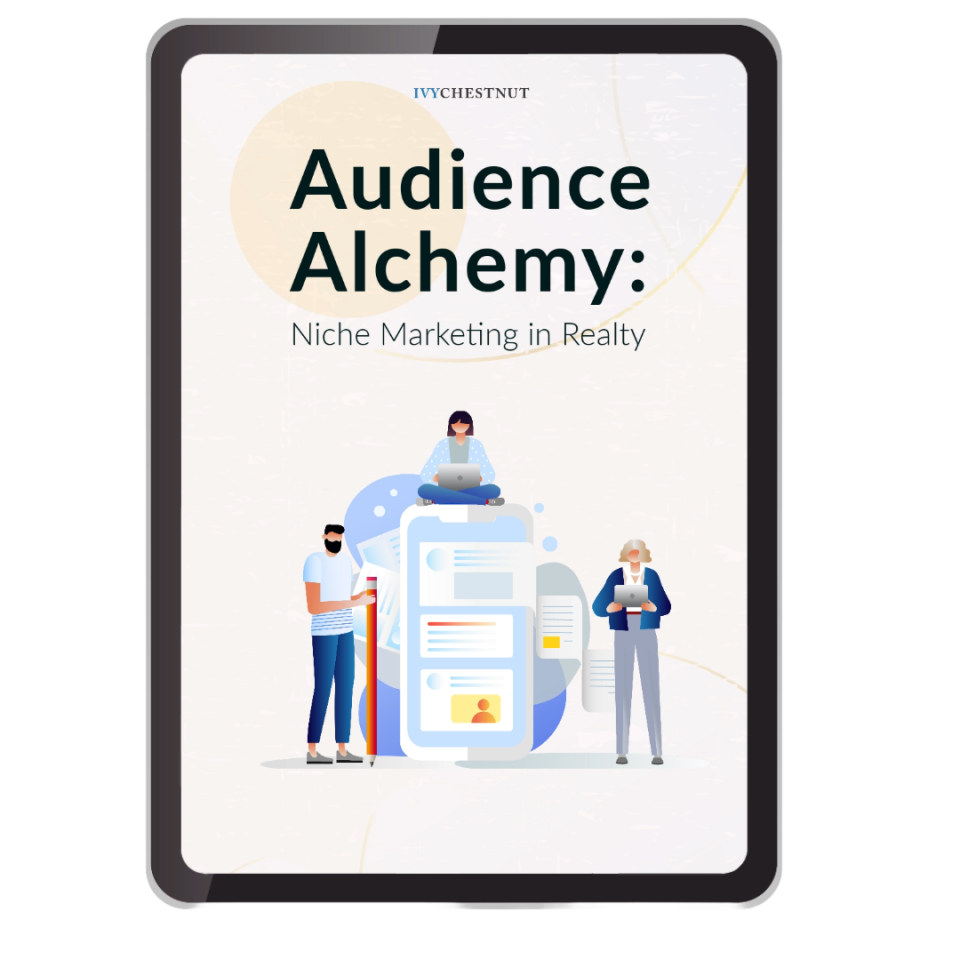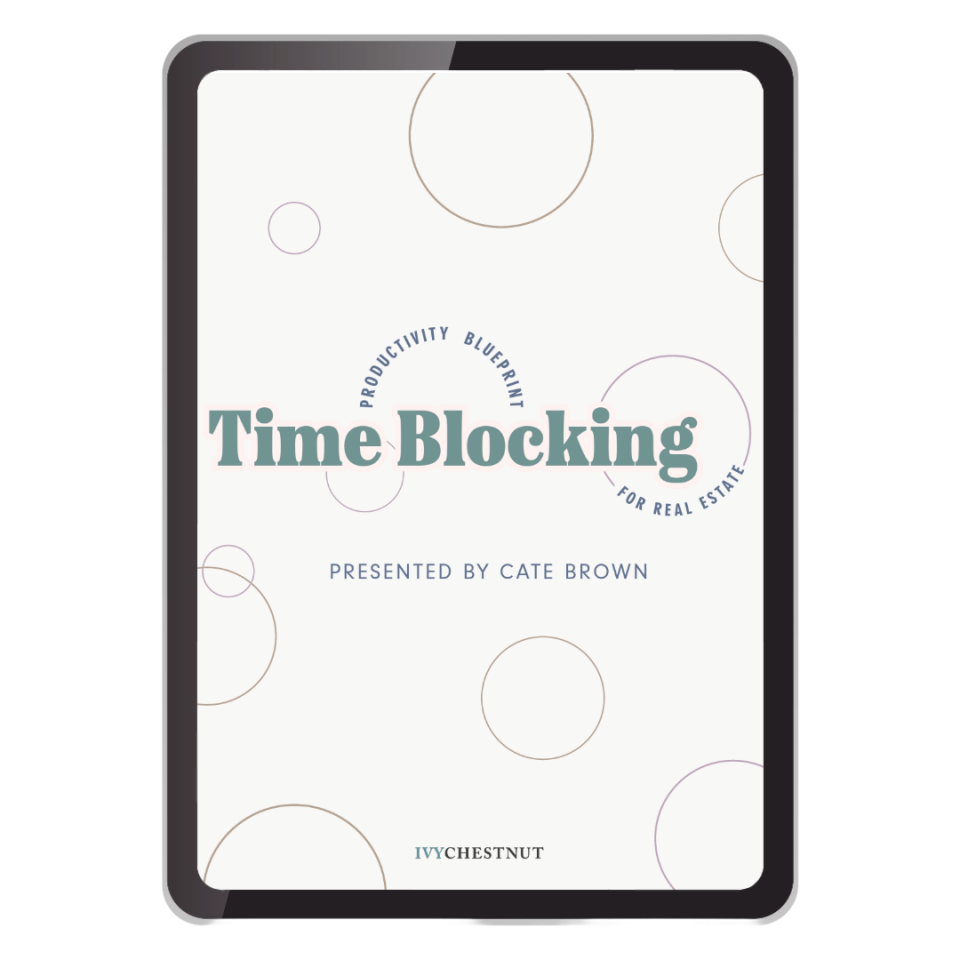City-Based Real Estate Email
Nurture & Convert Leads
By: Cate Brown
Read Time: 4 Minutes

In the bustling realm of real estate, a lead is not just a potential sale. It's a relationship waiting to be nurtured, and what better tool to do that than well-timed, insightful email sequences? Let's dive into the magic of drip campaigns and how they can be the bridge between first-time contacts and loyal clients.
The Dynamics of Drip Email Campaigns in Real Estate
What is a Drip Campaign?: A Drip Campaign is a marketing method that sends automated emails to potential customers or leads. These emails are sent out at specific intervals or triggered in response to specific actions taken by the lead. For example, a lead might receive a welcome email after signing up for a newsletter, followed by a series of emails offering product recommendations or helpful tips and advice.
Setting the Tone: The initial email in a Drip Campaign is crucial as it sets the tone for all subsequent emails. This email should introduce the sender and their brand, express gratitude for the lead's interest, and provide a clear call to action. By establishing a positive relationship with the lead from the outset, marketers can increase the chances of conversion in the future.
Timely Follow-ups: One of the critical benefits of Drip Campaigns is that they allow marketers to stay in touch with leads without bombarding them with emails. By spacing out emails and providing relevant and timely content, marketers can keep leads engaged and interested in their brand. This is particularly important in the early stages of the sales funnel when leads may still be considering their options.
In addition, Drip Campaigns can help prevent leads from going cold. By automating the process, marketers can ensure that leads receive consistent and timely content that keeps them engaged and nudges them down the funnel. This can strengthen the chances of conversion and lead to higher sales and earnings for the business.

Charting the Homebuyer's Journey with Tailored Email Sequences
Awareness: When buying a home, it's essential to understand the different stages of potential clients. The first stage is Awareness, where potential clients get to know you and your business. Establishing a relationship with them during this stage is crucial by sending emails with educational content about the home-buying process or insights into local market trends. This helps to build trust and credibility and positions you as an expert in the field.
Consideration: The second stage is Consideration, where leads actively consider making a move. At this stage, it's important to nurture the relationship by sending them property listings tailored to their preferences, financing options, or success stories from satisfied clients. This helps to keep them engaged and interested and positions you as their go-to source for information and advice.
Decision: Finally, there's the Decision stage, where clients are almost ready to move. Your emails should facilitate this choice by offering them consultations, exclusive property previews, or personalized video messages addressing last-minute queries. This helps to establish a sense of urgency and excitement and positions you as the best choice for their home-buying needs.
By understanding these different stages and tailoring your emails accordingly, you can create a more effective email marketing strategy that helps to build relationships, establish trust, and drive conversions.
Adding Value and Trust: Best Practices for Real Estate Email Touchpoints
Be the Local Expert: As a realtor, you should remember a few paramount things while communicating with potential clients. Firstly, share relevant local news, updates on the housing market, and any insider knowledge about the best coffee spots or other attractions in the area. This will showcase that you're not just a realtor but a valuable source of local insights.
Educate and Inform: Your emails aim to educate and inform your leads. This could involve breaking down mortgage basics or explaining property taxes so your clients can make informed decisions.
Consistency is Key: Consistency is vital in this regard - while you want to avoid flooding their inbox, regular touchpoints will help keep you in mind. Try to strike an equilibrium between being informative and overwhelming.
Transparent Communication: Finally, transparency is crucial in fostering trust. Whether you're addressing the complexities of home buying or being upfront about market downturns, always aim to communicate honestly and openly with your clients.
Remember, in real estate, the journey from lead to client often isn't a sprint—it's a marathon. Nurturing that relationship is about the consistent value you bring to their inbox. Craft your email sequences with care, genuine value, and a dash of your unique charm, and watch as leads transform into lasting, fruitful relationships. Happy emailing!







